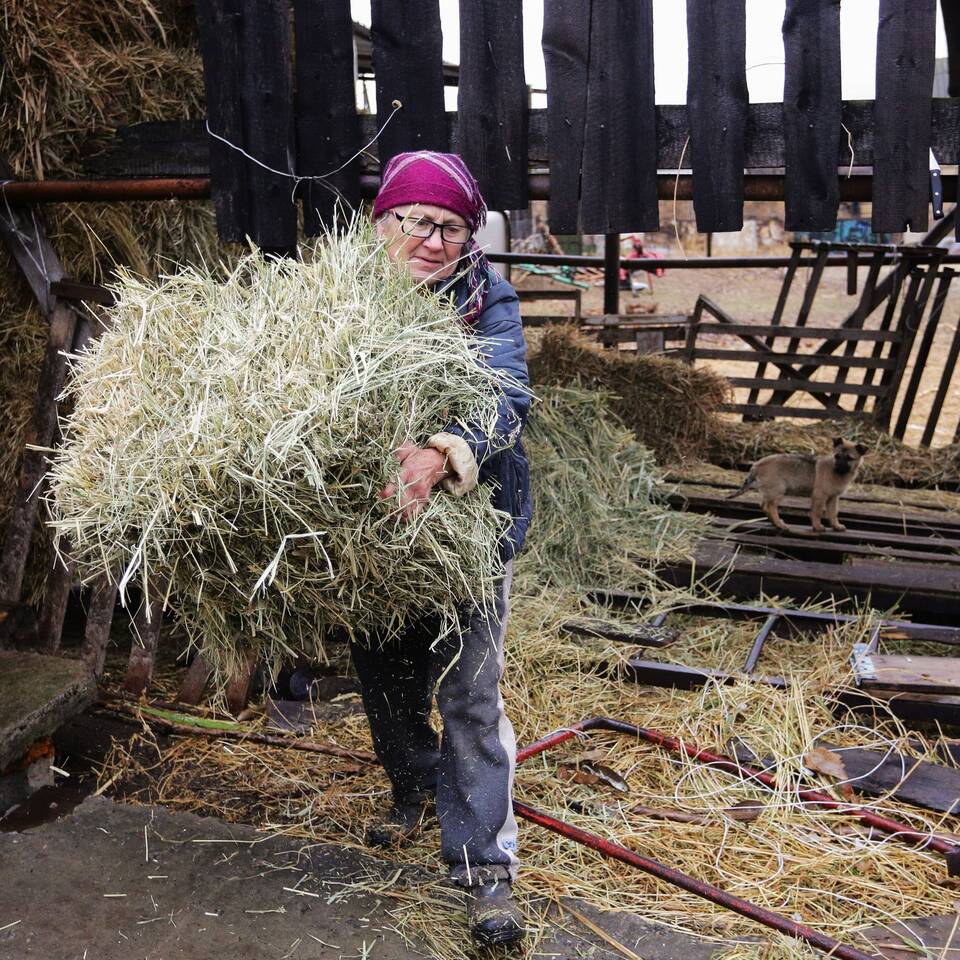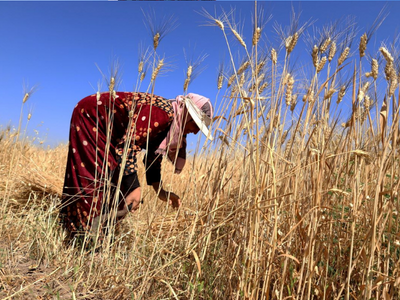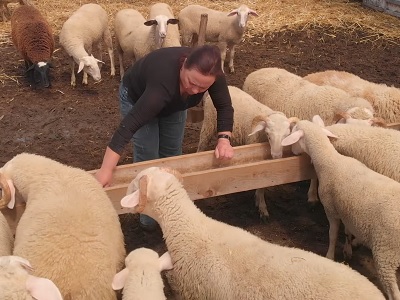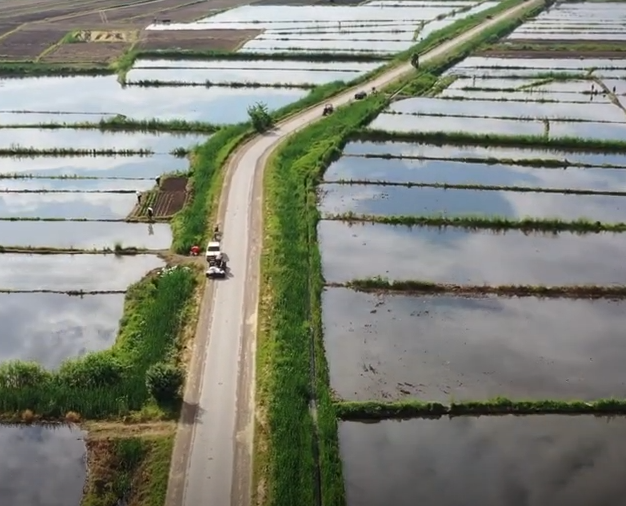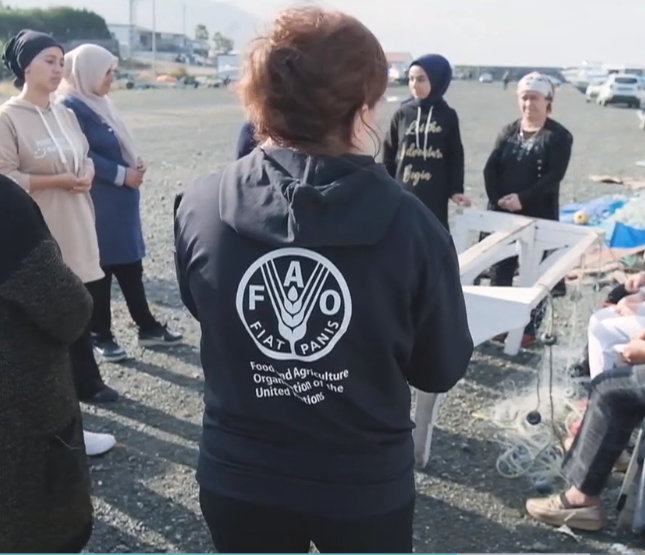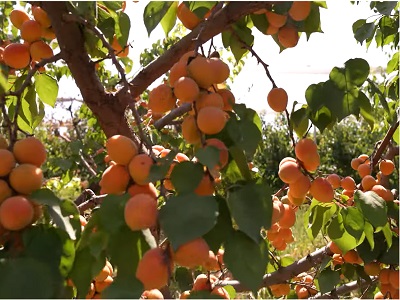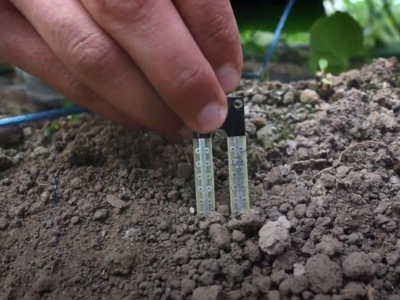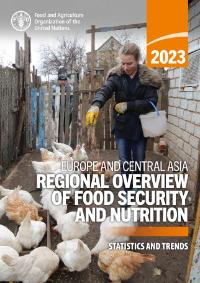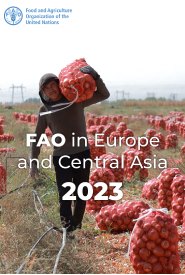FAO Regional Office for Europe and Central Asia
In their pursuit to ensure an equitable and sustainable future, governments can rely on FAO expertise in food and agriculture. Responding to the needs of Europe and Central Asia, the Organization is offering support in many specific areas. Find out more
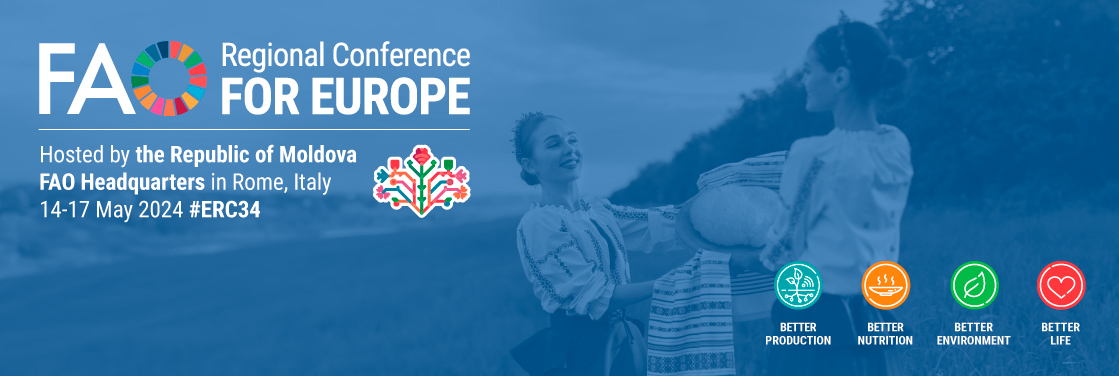
Highlights
Regional Priority Programmes

Regional Priority Programme
Transforming food systems and facilitating market access and integration

Regional Priority Programme
Managing natural resources sustainably and preserving biodiversity in a changing climate
Recent and upcoming events
12/ 5
2024
Civil society consultation 2024
İstanbul (Türkiye), 12/05/2024
Prior to the 34th session of the FAO Regional Conference for Europe (ERC34), representatives of the civil society – ranging from smallholders and consumers to fisherfolks and pastoralists – will gather on 12 May in Istanbul, Tür...
5/ 6
2024
7/6
2024
15th International LANDNET Workshop
Middelburg (Netherlands), 05/06/2024 - 07/06/2024
The 15th LANDNET workshop will take place from 5 to 7 June 2024 in Middelburg, Netherlands. The workshop is organized by FAO together with Kadaster and the Province of Zeeland in the Netherlands.
Featured publications

Science–Policy Interface in action #1
2024
The brochure delves into the critical interface between science and policy within the agrifood system, emphasizing its role in driving transformation, resilience, and food security. It highlights the importance of Science–Policy Interfaces (SPIs) in translating scientific discoveries into actionable policies and practices.
055033316b184760ac1014117ea0254d.tmb-th600x450.jpg?Culture=en&sfvrsn=a62a48e8_3)
Promoting sustainable and circular bioeconomy through agriculture practice in Eastern Europe and Central Asia
2023
This report presents an overview of concepts related to bioeconomy and the benefits of their implementation in agriculture and shares agriculture production trends, bioeconomy initiatives and sustainable agriculture approaches from throughout the Eastern Europe and Central Asia region.
In depth
Multimedia
Contact
20 Kalman Imre utca
H-1054 Budapest
Hungary
Tel: +36 1 4612000
Fax: +36 1 3517029
E-mail:
[email protected]



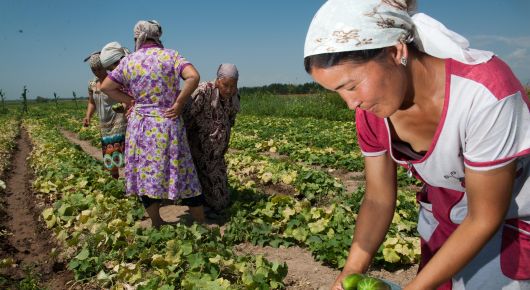
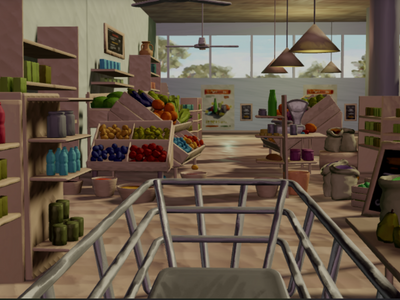
.jpg?sfvrsn=c2b9e520_3)


